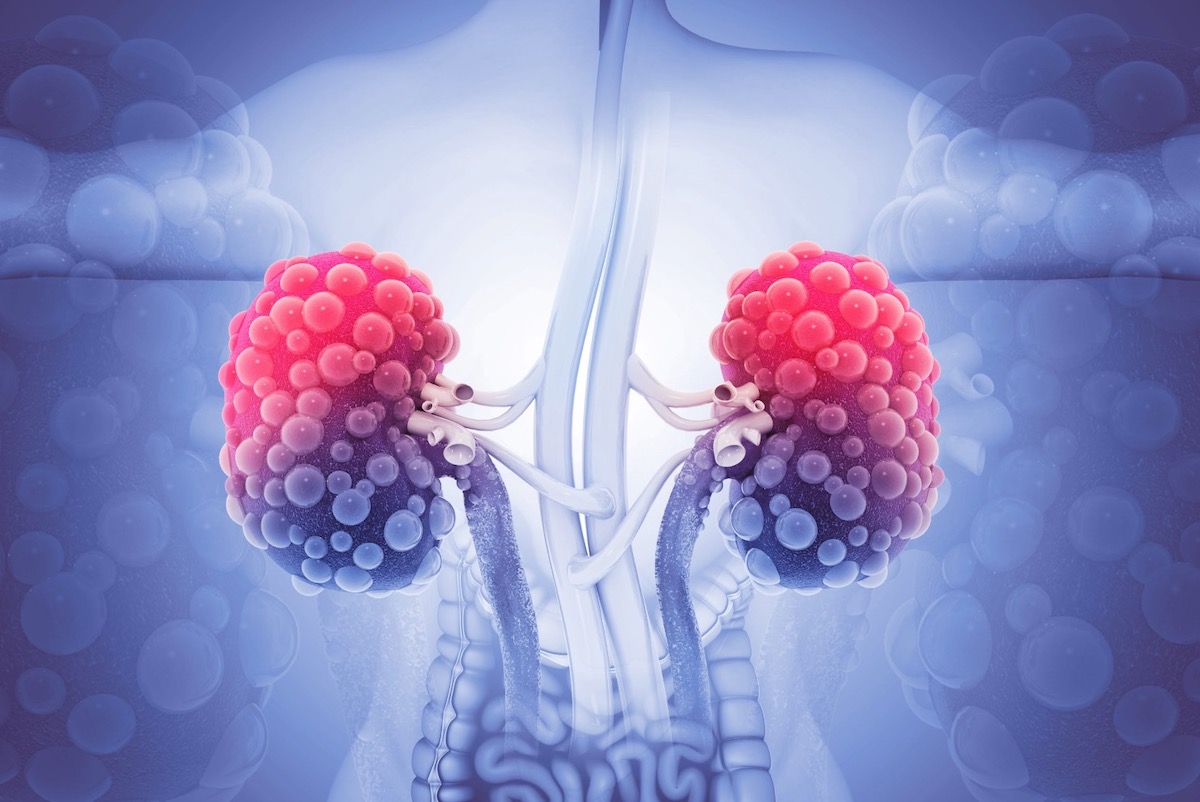Autosomal Dominant Polycystic Kidney Disease, often shortened to ADPKD, is a condition that affects the kidneys. It’s a fairly common genetic disorder, especially when it comes to kidney-related health issues. In the United States, around 600,000 people are known to have ADPKD. It’s a condition that requires attention and understanding due to its prevalence and the impact it has on those who are affected. As a genetic disorder, its presence in families highlights the importance of awareness and knowledge about its nature and the extent of its reach within the population.

What Is Autosomal Dominant Polycystic Kidney Disease?
Imagine the kidneys are like filters for the blood, cleaning out things the body doesn’t need. In ADPKD, lots of little sacs filled with liquid, called cysts, start to grow in the kidneys. Over time, these cysts can get bigger and take up more space in the kidneys. This can make it harder for the kidneys to do their job properly.
Causes of ADPKD?
ADPKD is a condition that people can get from their parents because of the way it is passed down in families. It’s one of the most common kidney conditions that people are born with, and it can affect many people. There are two main types of Autosomal Dominant Polycystic Kidney Disease (ADPKD), known as Type 1 and Type 2. They are differentiated based on the genes that cause them and some aspects of how the disease presents and progresses:
ADPKD Type 1 (PKD1)
This type is caused by mutations in the PKD1 gene. It’s the more common type of the two, accounting for about 85% of all ADPKD cases. Generally, PKD1 tends to have an earlier onset and more rapid progression of the disease, meaning that symptoms may appear sooner, and the condition may worsen more quickly compared to PKD2.
ADPKD Type 2 (PKD2)
This type is linked to mutations in the PKD2 gene. It accounts for the remaining 15% of ADPKD cases. PKD2 usually has a later onset and a slower progression rate compared to PKD1. Individuals with this type might experience milder symptoms and may not develop significant complications until later in life.
Continue reading on the next page and, discover, among others, how you can recognize Autosomal Dominant Polycystic Kidney Disease and what you should do, if you think you might have it.

